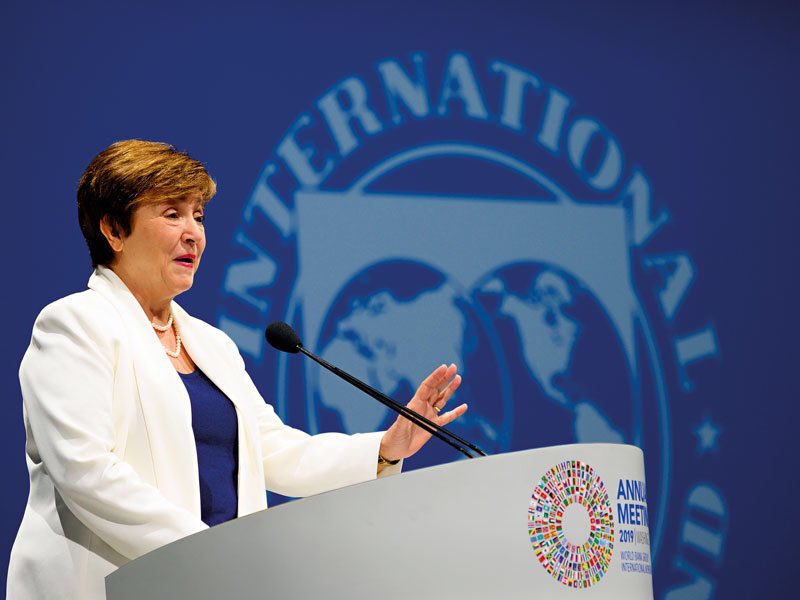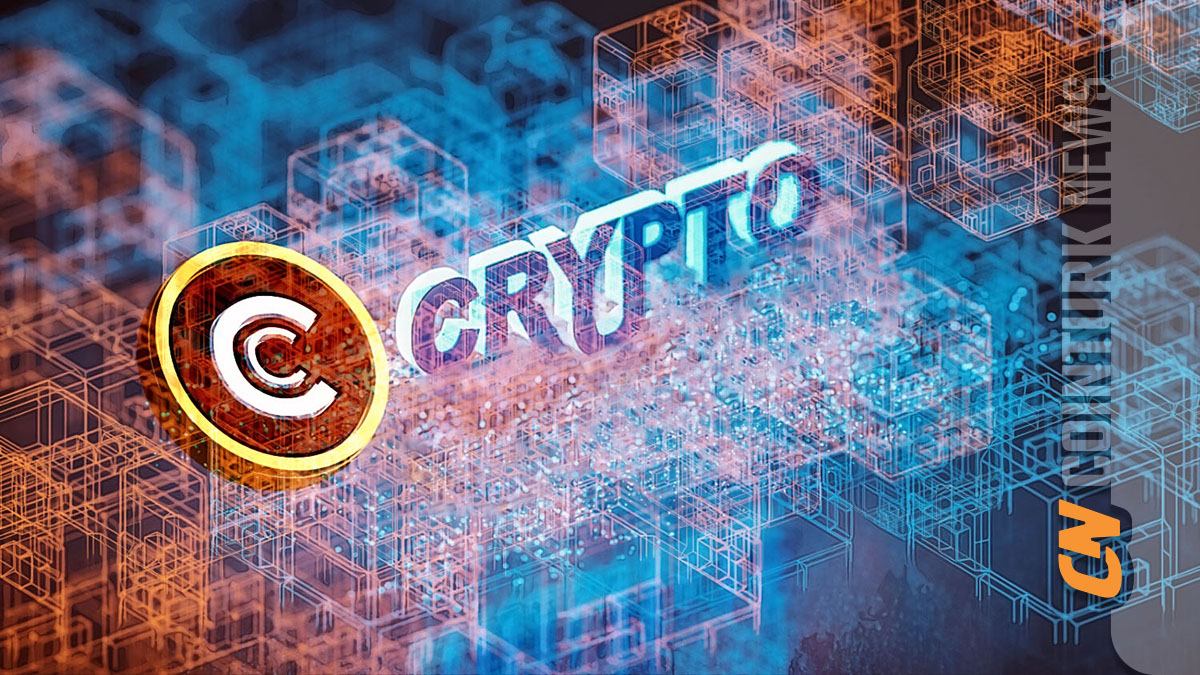Agenda headlines related to the cryptocurrency market continue to increase day by day. Reports and analyses praising blockchain technology, especially those that attract the attention of cryptocurrency investors, are catching the attention of everyone. Most recently, International Monetary Fund (IMF) Managing Director Kristalina Georgieva gained recognition in the cryptocurrency sector with her speech in the city of Marrakech in Morocco.
IMF Director’s Digital Call
The opening speech of the financial inclusion seminar organized by the International Monetary Fund (IMF) in the city of Marrakech, Morocco, was given by IMF Managing Director Kristalina Georgieva. In her speech, Georgieva emphasized that digitalization has taken many sectors to a different level and declared that digitalization, especially in the finance sector, is the most important way to spread sector dynamics to a wide base.
IMF Managing Director Georgieva referred to the digital cash transfers implemented by the government during the COVID-19 pandemic in Togo. She pointed out that digitalization is what enables assistance, investment, and the acceleration capacity of the economy. Calling for comprehensive national strategies for financial inclusion, Georgieva also mentioned the stability risks that could arise with digitalization.

IMF’s Cryptocurrency Analysis
Officials of the International Monetary Fund have managed to attract attention with their analyses regarding cryptocurrency regulations. In a report published on September 29, a crypto-risk assessment matrix called (C-RAM) was proposed for countries to identify indicators of potential risks in the cryptocurrency sector and their triggers.
The Synthesis document prepared by the International Monetary Fund in collaboration with the Bank for International Settlements (BIS) was unanimously adopted by the “G20 Finance Ministers and Central Bank Governors” in October.
This document advocates comprehensive supervision of the cryptocurrency market instead of a general ban on crypto assets. Among the top recommendations are cross-border cooperation and information sharing among regulators, a demand for comprehensive governance and risk management frameworks for companies in the cryptocurrency market, and a guarantee of access to relevant data provided by companies to authorities.









